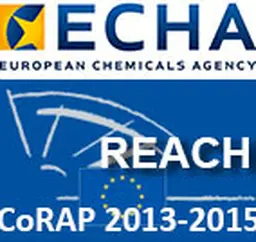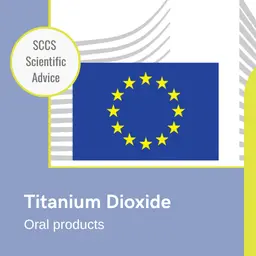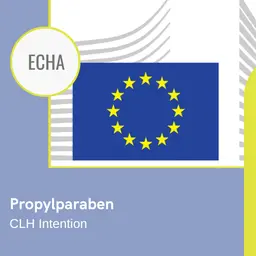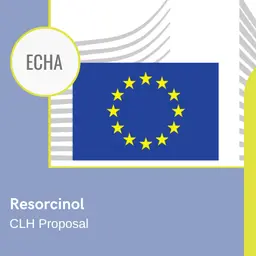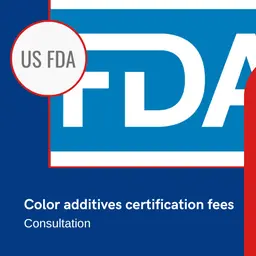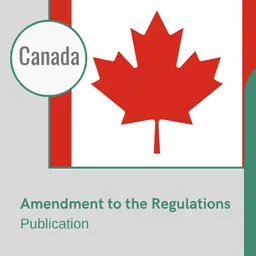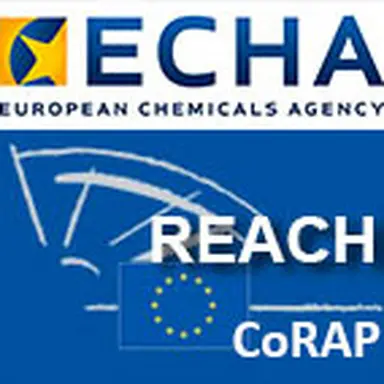
ECHA has just published the conclusion documents on the evaluation of four substances (all used in cosmetic products) as part of the Community Rolling Action Plan (CoRAP). They focus on ethylene oxide, Tributyl phosphate, m-Tolylidene diisocyanate and Toluene. The Agency specifies that "if needed, the authorities may consider actions for further risk management."
Release from ECHA
Substance evaluation started in 2012 and Member States evaluated 36 substances. The first four cases from this batch are now concluded. In these cases the designated evaluating Member State decided not to ask any further information on these substances and hence no draft decision was prepared. The evaluating Member State has instead finalised its assessment and drawn conclusions about the suspected risks.
The conclusion document summarises the evaluating Member State's view on the potential need for risk management. However, this conclusion alone is not starting any new regulatory process and is not binding to the Member States or the Commission. The registrants, Member State competent authorities and the Commission are invited to take note of the conclusions drawn by the four Member States, and to consider if further actions for ensuring the safe use of the substances is necessary.
The four substances and the main conclusions drawn by the evaluating Member States
Ethylene oxide
EINECS/ELINCS: 200-849-9, CAS: 75-21-8 (evaluating Member State: Austria)
Community level agreement is needed on an acceptable risk level for workers and the general population with regard to the carcinogenic potential of substances, including ethylene oxide.
In addition to the existing harmonised classification, the …

